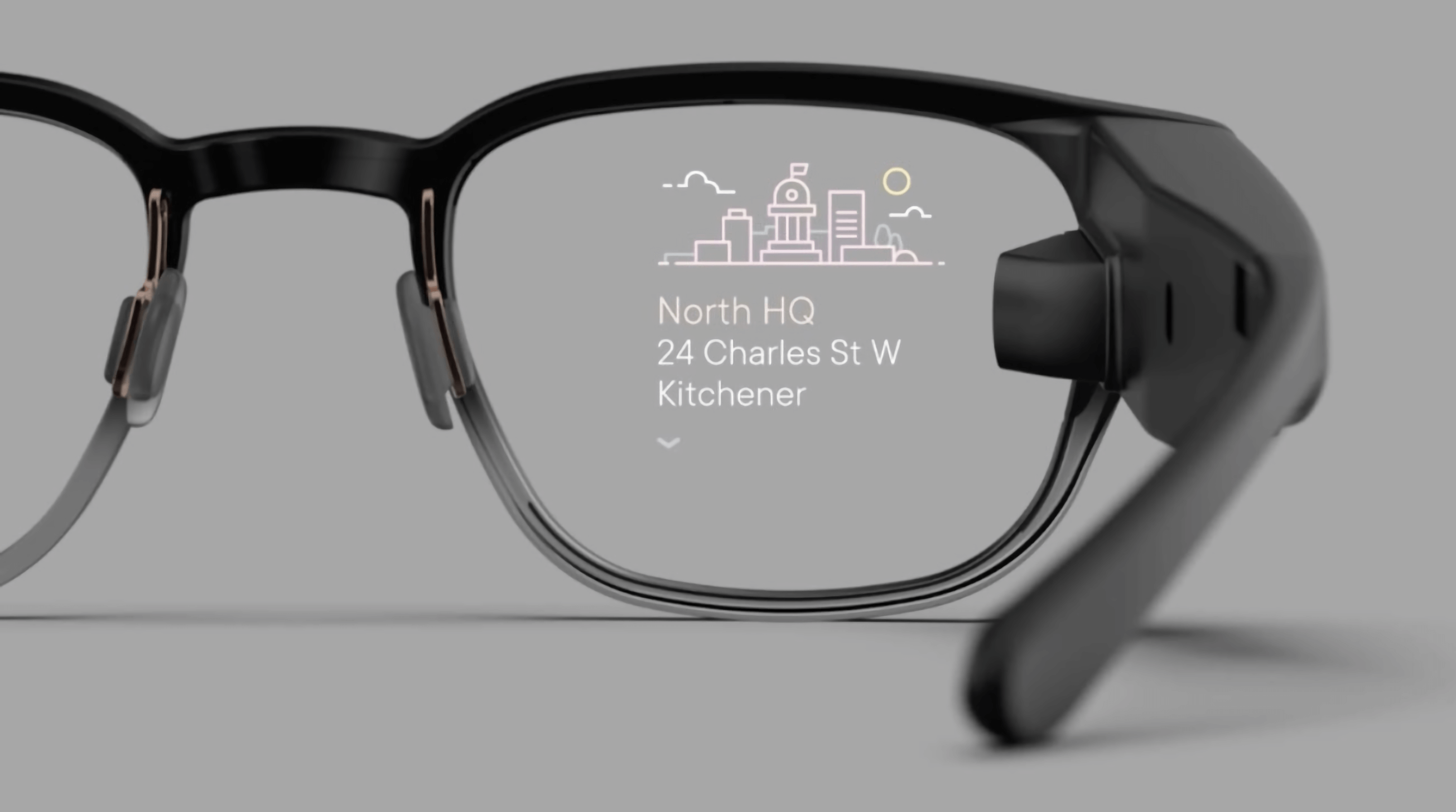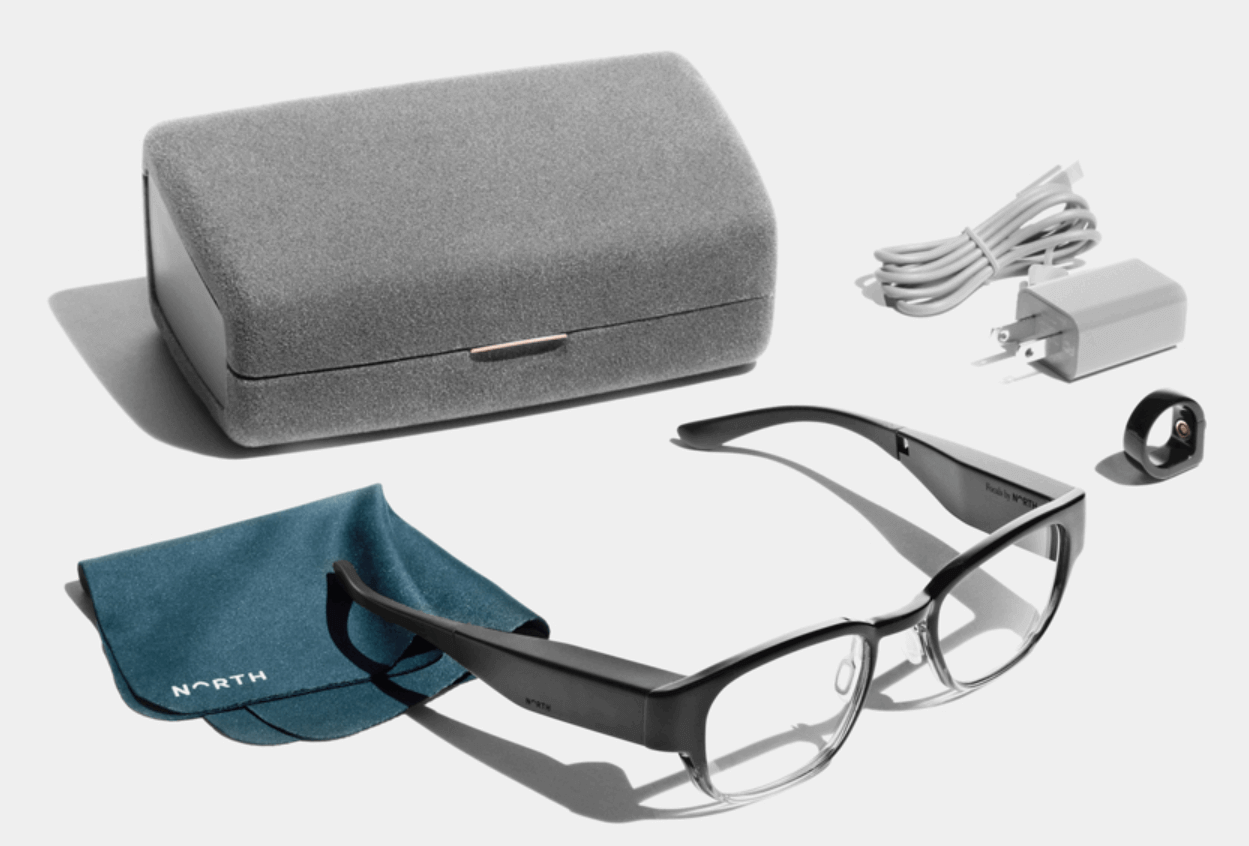Why it matters: Focals by North were stylish smart glasses that provided a pretty good user experience for a not so good price. While Focals addressed the privacy issues that other smart glasses had, North was unable to sell many units. Google's purchase of North will hopefully invigorate the smart glasses market and comes just as Apple could unveil their own competing glasses later this year.

Google today announced that they are acquiring North, a Canadian company best known for its Focals smart glasses. Google likely wants to incorporate Focals holographic tech into future hardware products.
"We’re building towards a future where helpfulness is all around you, where all your devices just work together and technology fades into the background. We call this ambient computing," SVP of Devices & Services Rick Osterloah said in a blog post. "North’s technical expertise will help as we continue to invest in our hardware efforts and ambient computing future."
As for the status of future Focals products, North said that they are "winding down Focals 1.0" and won't be shipping Focals 2.0. This will probably disappoint any potential buyers as some saw Focals as the solution to many of the pain points other smart glasses such as Google's own Glass product had.
The Focals mostly look like a regular pair of glasses. Unlike Google Glass or Snap's Spectacles, Focals don't have a camera drawing unwanted attention. Instead of using swiping gestures to navigate the holographic display, each pair of Focals came with a special ring that featured a small joystick to control the interface.

The biggest pain point with Focals was pricing. Originally one pair went for $1,000 before the company slashed the price to $600 last year. Even if you decided to splurge on it, potential buyers still had to physically visit one of the retail stores to get them custom fitted.
On a positive note, North employees will be able to stay in the Kitchener-Waterloo area and join Google's existing team there. Additionally, the company sent an email to existing customers saying that they will be refunding the full amount to anyone who bought Focals.
SCOOP: Smart-glasses maker @focalsbynorth, once one of Canada’s most high-profile startups, is being bought by Google/Alphabet for about $180-million, sources say. We've learned the company likely sold very, very few Focals and was running out of money. https://t.co/SbGYyBycqt
— josh o'kane (@joshokane) June 26, 2020
While the terms of the deal haven't been disclosed, Google reportedly paid about $180 million to purchase North according to Josh O'Kane of The Globe and Mail. North apparently sold very few Focals glasses and needed more cash.
We've previously reported about Apple's rumored AR glasses. Those are expected to come in at around $500 and look just like a regular pair of glasses, similar to Focals.
https://www.techspot.com/news/85826-google-acquires-north-maker-focals-smart-glasses.html